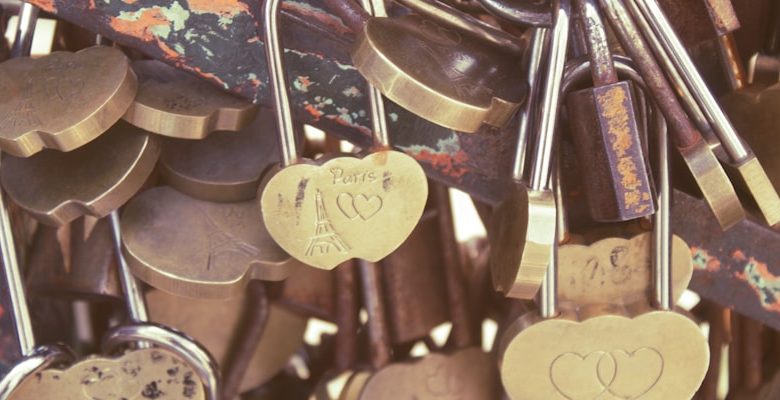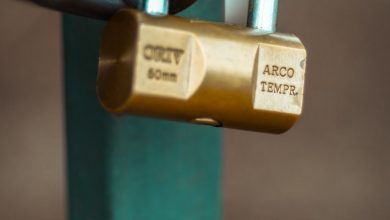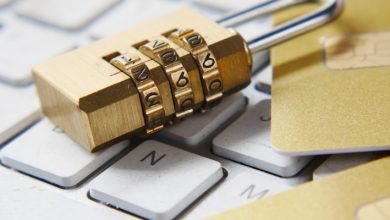Common Mistakes to Avoid in Crypto Storage

- Not Backing Up Your Wallet Properly
- Ignoring Two-Factor Authentication
- Using Public Wi-Fi for Transactions
- Storing All Your Crypto in One Wallet
- Falling for Phishing Scams
- Neglecting Hardware Wallet Security Features
Not Backing Up Your Wallet Properly
One common mistake to avoid when it comes to crypto storage is not backing up your wallet properly. Many people make the error of not creating a backup of their wallet, which can lead to irreversible loss if something were to happen to the original wallet. It is crucial to have a backup of your wallet in case of hardware failure, loss, or theft.
There are several ways to back up your wallet, including using a hardware wallet, writing down your seed phrase on paper and storing it in a safe place, or encrypting your wallet file and saving it in multiple secure locations. By taking the time to properly back up your wallet, you can have peace of mind knowing that your funds are safe and secure.
Ignoring Two-Factor Authentication
One common mistake to avoid when it comes to storing your cryptocurrencies is ignoring the importance of two-factor authentication (2FA). Two-factor authentication adds an extra layer of security to your accounts by requiring not only a password but also a second piece of information to verify your identity. By bypassing or neglecting this additional security measure, you are leaving your crypto assets vulnerable to hacking and unauthorized access.
Implementing two-factor authentication can significantly reduce the risk of unauthorized access to your crypto wallets and exchanges. It is a simple yet effective way to enhance the security of your accounts and protect your investments. Many crypto platforms offer 2FA as an option, so make sure to take advantage of this feature to safeguard your funds.
In addition to setting up two-factor authentication, it is essential to choose a secure method for receiving the verification codes, such as using an authenticator app rather than SMS. SMS-based 2FA can be vulnerable to SIM swapping attacks, where hackers can intercept your text messages and gain access to your accounts. Using an authenticator app generates unique codes that are not sent over the airwaves, making it a more secure option.
By ignoring two-factor authentication, you are putting your crypto assets at unnecessary risk. Take the time to enable 2FA on all of your accounts and choose a secure method for receiving verification codes. Your investments will be much safer with this extra layer of security in place.
Using Public Wi-Fi for Transactions
When it comes to crypto storage, one common mistake to avoid is using public Wi-Fi for transactions. Public Wi-Fi networks are often unsecured, making it easy for hackers to intercept data transmitted over these networks. This puts your sensitive information at risk of being stolen, including your crypto wallet credentials.
Instead, it is recommended to use a secure and private internet connection when making transactions involving your cryptocurrency. This can include using a virtual private network (VPN) to encrypt your data and protect your privacy while conducting transactions online. By taking this extra step to secure your connection, you can help prevent unauthorized access to your crypto assets.
Storing All Your Crypto in One Wallet
It is a common mistake among cryptocurrency investors to store all of their digital assets in a single wallet. While it may seem convenient to have everything in one place, this practice can actually increase the risk of losing all of your funds in case that wallet is compromised. By spreading your crypto holdings across multiple wallets, you can minimize the impact of any potential security breaches.
Falling for Phishing Scams
One of the common mistakes to avoid when storing your cryptocurrency is falling victim to phishing scams. Phishing scams are fraudulent attempts to obtain sensitive information such as usernames, passwords, and credit card details by disguising as a trustworthy entity in electronic communication. These scams often come in the form of emails or messages that appear to be from legitimate sources, such as cryptocurrency exchanges or wallet providers.
It is important to be cautious of unsolicited emails or messages asking for personal information or directing you to click on suspicious links. Always verify the sender’s email address and look for any red flags, such as spelling errors or unusual requests. Never provide sensitive information through email or messages, and do not click on any links unless you are certain of their legitimacy.
If you receive an email or message that seems suspicious, it is best to contact the company or individual directly through their official website or phone number to verify the authenticity of the communication. By staying vigilant and practicing good security habits, you can protect yourself from falling for phishing scams and safeguard your cryptocurrency assets.
Neglecting Hardware Wallet Security Features
One common mistake to avoid in crypto storage is neglecting the security features of hardware wallets. Hardware wallets are physical devices that store your cryptocurrency offline, making them less vulnerable to hacking or theft compared to online wallets. However, some users fail to take full advantage of the security measures offered by hardware wallets, putting their digital assets at risk.
When setting up your hardware wallet, make sure to enable all available security features such as PIN protection, passphrase encryption, and two-factor authentication. These additional layers of security can significantly reduce the chances of unauthorized access to your funds. It’s also essential to keep your hardware wallet firmware up to date to patch any potential security vulnerabilities.
By neglecting the security features of your hardware wallet, you may be leaving your cryptocurrency exposed to cyber threats. Taking the time to properly configure and maintain your hardware wallet’s security settings can help safeguard your digital assets and give you peace of mind knowing that your funds are secure.



